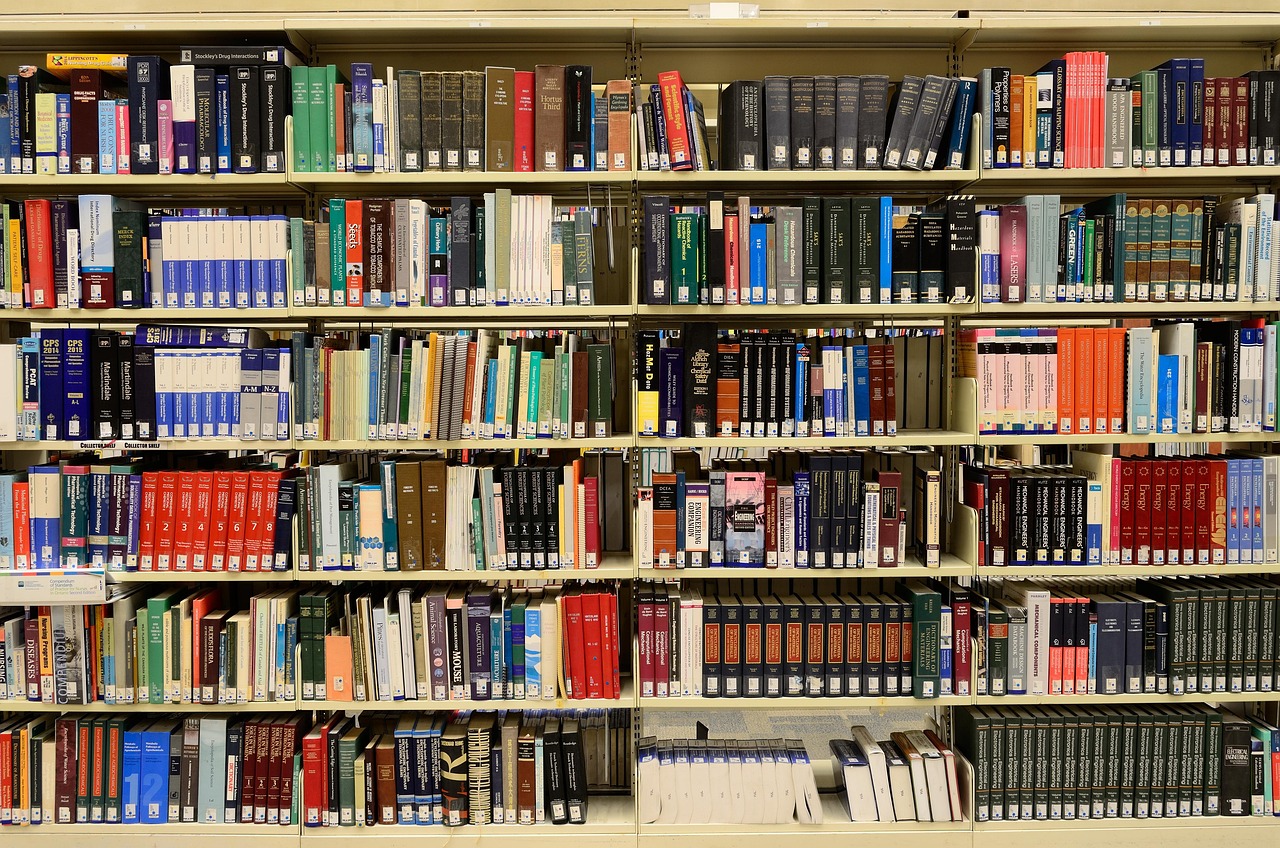Context
Despite sustained efforts by post-apartheid governments to expand adult learning opportunities, adult illiteracy rates in South Africa remained significantly high. About 9.6 million adults, that is, 24% of the population aged over 15 years, were functionally illiterate according to a 2006 study. Of these, 4.7 million had never attended school and could not read or write, while 4.9 million had left school before completing primary education. The study also revealed that illiteracy rates were notably higher among non-white populations and women, reflecting both the enduring legacy of apartheid-era segregationist policies, educational exclusion, and persistent socio-cultural norms that prioritize male education over female.
Solution
The Kha Ri Gude Literacy Campaign (KGALP) (2008-2016) was a large-scale, state-led initiative launched by South Africa’s Department of Basic Education to reduce the national rate of illiteracy by 50% by 2015, in alignment with Education for All and MDG commitments. The program aimed to empower 4.7 million functionally illiterate adults, including women, youth, people with disabilities, and the elderly, through mother-tongue literacy and numeracy integrated with life skills such as health, civic education, environmental awareness, and livelihoods.
KGALP was implemented nationwide using an extensive community-based model, with 75,000 trained volunteer facilitators (who had a minimum Grade 12 qualification), many of whom were women, unemployed, and from the same communities as learners. Volunteer educators also included blind and deaf educators who provide tailored instruction to illiterate learners with disabilities. Facilitators received structured training, lesson materials, and ongoing supervision and mentoring. Each trained educator/facilitator was responsible for 15-18 learners and paid a monthly stipend based on meeting certain outcomes. Learners were recruited via community outreach such as church announcements, radio ads, posters, women’s groups, and door-to-door campaigns. The program offered free learning materials and classes three times a week over six months, held in diverse venues from homes to bus shelters. About 35,000 community-based learning centers or sites were established across the country, including in adverse situations lacking basic infrastructure. Various teaching-learning materials were developed in all 11 official languages and adapted for use by learners with impairments. Classes followed a highly structured and multilingual curriculum, using themes relevant to learners’ lives and integrated teaching methods based on neurocognitive research. Learners were continuously assessed, and certificates were issued upon completion, with learner data used to track learner progress and inform program improvements.
Impact
The Kha Ri Gude campaign evolved into South Africa's biggest adult literacy campaign, enrolling over 4.2 million learners between 2008 and 2015 with a 90% completion rate. It reached marginalized groups: 15% of learners had disabilities, 20% were elderly, and a majority of learners were unemployed. The program improved participants’ self-reliance, independence, confidence, and community participation, while enabling access to lifelong learning. It also created employment for over 75,000 facilitators, most of whom were women and youth, thereby contributing to poverty reduction and community development. The program also created learning and employment opportunities for people with disabilities. Beyond literacy, the campaign fostered civic awareness, social cohesion, and language preservation, laying a foundation for long-term societal transformation.












